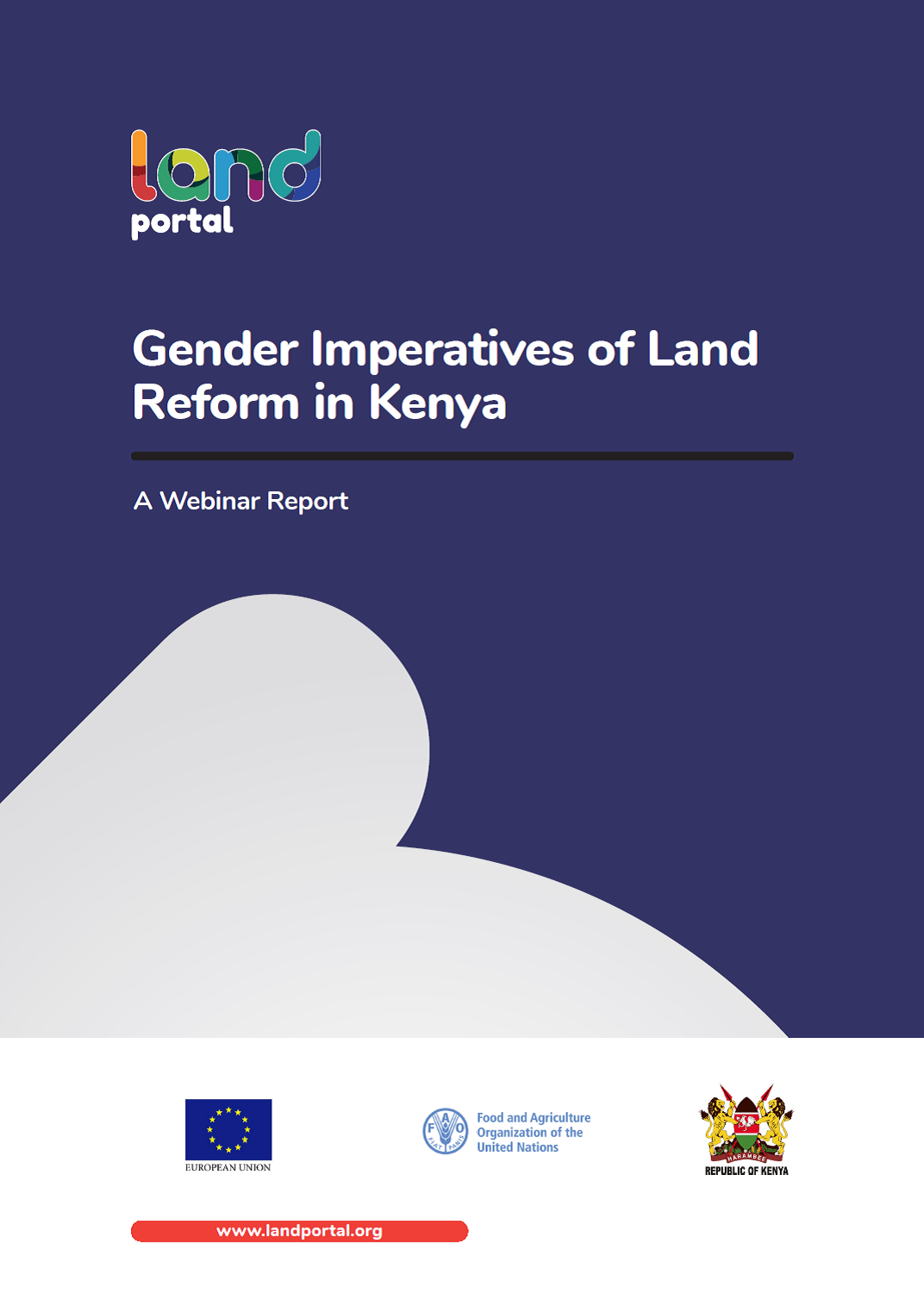Cultural issues in land information systems
Considers the cultural dimension of applying the land information system (LIS) concept to lands held under customary land tenure. The article recognizes that the LIS concept has been developed primarily to serve the needs of countries with a western-style land market where individual land rights are the norm. However, many countries where customary landholdings exist, or predominate, are also interested in establishing LISs to manage their land resources better. The article has three main sections.





